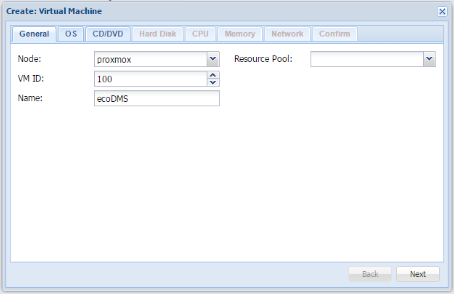#! /bin/sh
counter=0
zabbix_counter=$(ps -ef | grep zabbix_agentd | grep -v grep | wc -l)
start(){
echo "-------------------------------------------------------------------"
echo " LAUNCHING ZABBIX AGENT"
if [ $zabbix_counter -gt 0 ]; then
echo " * Zabbix agent was previously running"
echo " * Number of Zabbix agentd instances= $zabbix_counter"
echo "-----------------------------------------------------------------"
fi
# Checking if the user is able to start the agent.... if the user is not able to, script performs su to
# the user zabbix and starts the agent
if [ $(whoami) != "zabbix" ];then
sudo -u zabbix zabbix_agentd
else
# Script is acting as the zabbix user, so it can start the agent.
zabbix_agentd
fi
sleep 10
zabbix_counter=$(ps -ef | grep zabbix_agentd | grep -v grep | wc -l)
if [ $zabbix_counter -gt 0 ]; then
echo " * Zabbix agent succesfully started"
echo " * Number of zabbix agentd instances= $zabbix_counter"
echo "-------------------------------------------------------------------"
else
echo " * Zabbix agent couldn't be started, check Zabbix logs"
echo "-------------------------------------------------------------------"
fi
}
stop(){
# Checking if the user is able to stop the agent.... if the user is not able to, script performs su to
# the user zabbix and kills the agent. Also script tries to kill zabbix-agent processes 5 times using a counter, if at
# the fith try the agent is still there, script outputs a message to the console.
echo "-------------------------------------------------------------------"
echo " STOPPING ZABBIX AGENT"
if [ $zabbix_counter -eq 0 ]; then
echo " * Zabbix agent was not running on this machine"
echo "-------------------------------------------------------------------"
fi
while [ $zabbix_counter -gt 0 ] && [ $counter -lt 5 ] ; do
let counter=counter+1
echo " * Number of Attempts (Max 5)=$counter"
echo " * Stopping zabbix.."
echo " * Number of zabbix agentd instances= $zabbix_counter"
if [ $(whoami) != "zabbix" ];then
sudo -u zabbix killall zabbix_agentd > /dev/null &
else
killall zabbix_agentd > /dev/null &
fi
sleep 10
# Script has a 10 second delay to avoid attempting to kill a process that is still shutting down. If the script
# can't kill the processes, an error will appear.
# After 10 seconds script checks again the number of zabbix_agentd processes running,
# if it's 0, script will exit the loop and continue on
zabbix_counter=$(ps -ef | grep zabbix_agentd | grep -v grep | wc -l)
done
if [ $zabbix_counter -gt 0 ]; then
echo " * Zabbix agent couldn't be stopped, check Zabbix logs"
echo "-------------------------------------------------------------------"
fi
if [ $zabbix_counter -eq 0 ]; then
echo " * Zabbix agent successfully stopped"
echo "-------------------------------------------------------------------"
fi
}
restart(){
stop
# Gives system some time to stop processes before script restarts service
sleep 10
# Now script can start the agent again
start
}
case "$1" in
start)
start
;;
stop)
stop
;;
restart)
restart
;;
*)
echo "Usage: zabbix {start|stop|restart}"
exit 1
esac
exit 0
